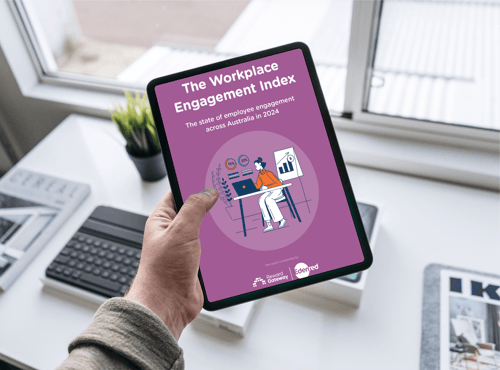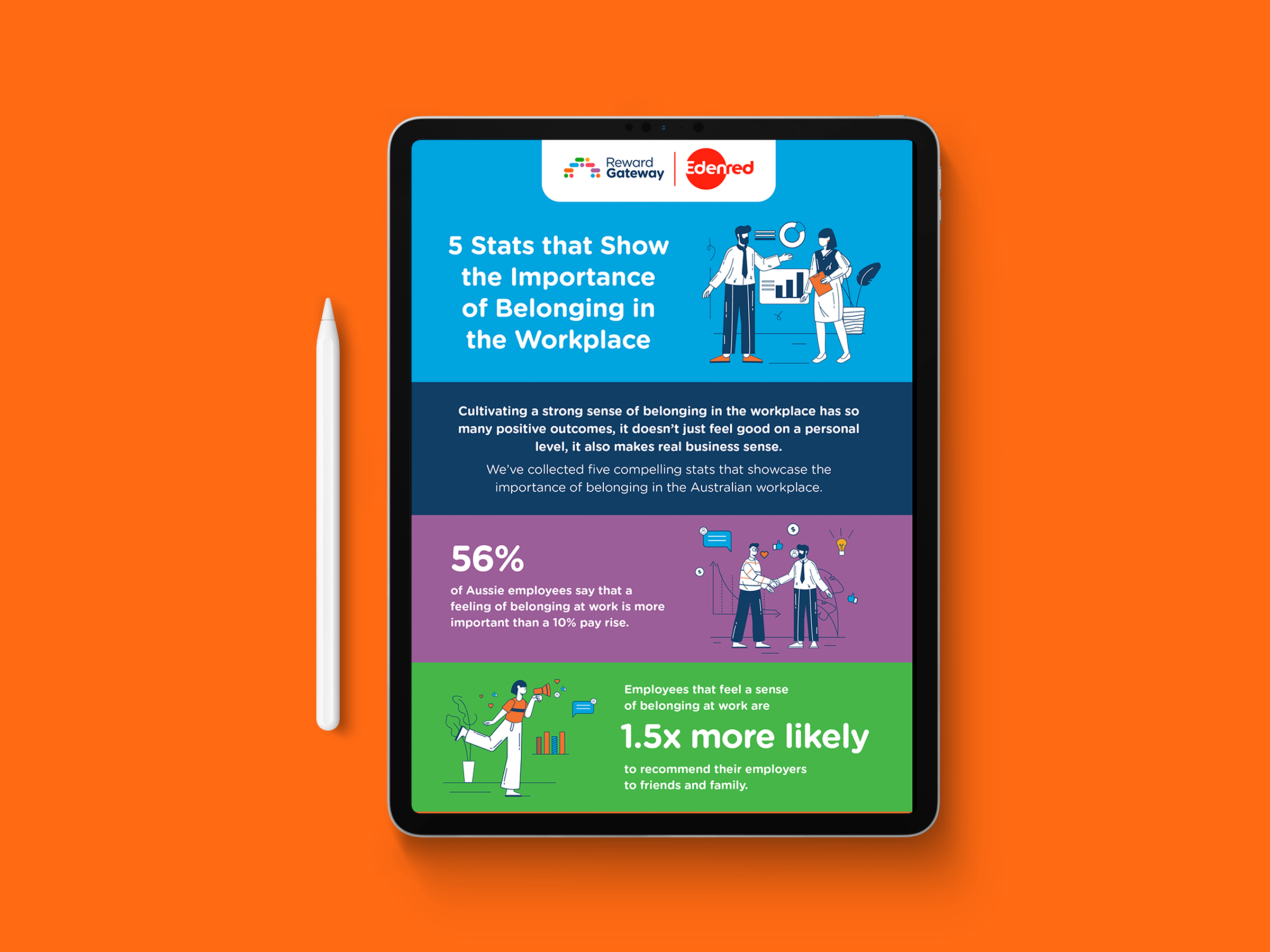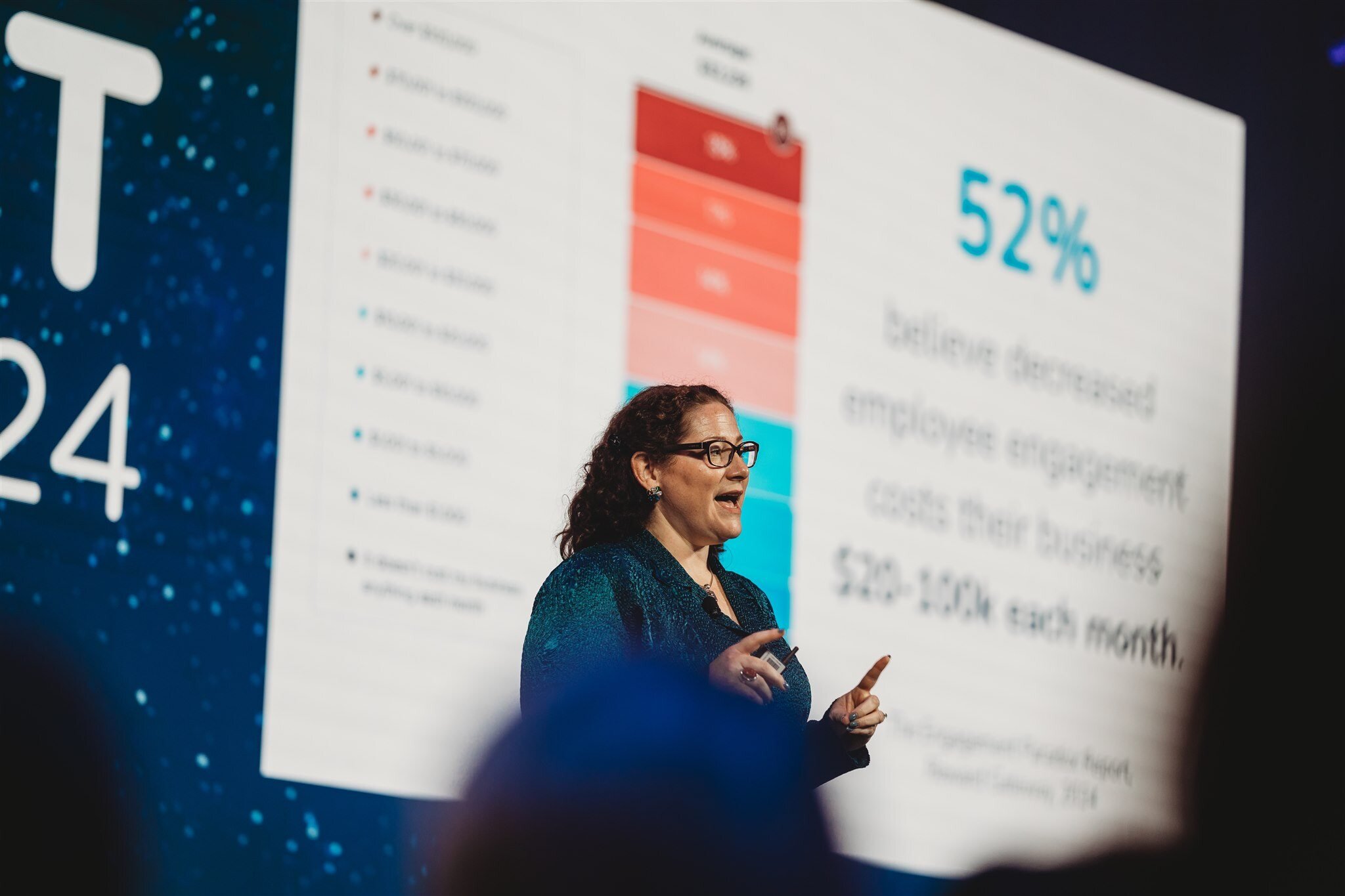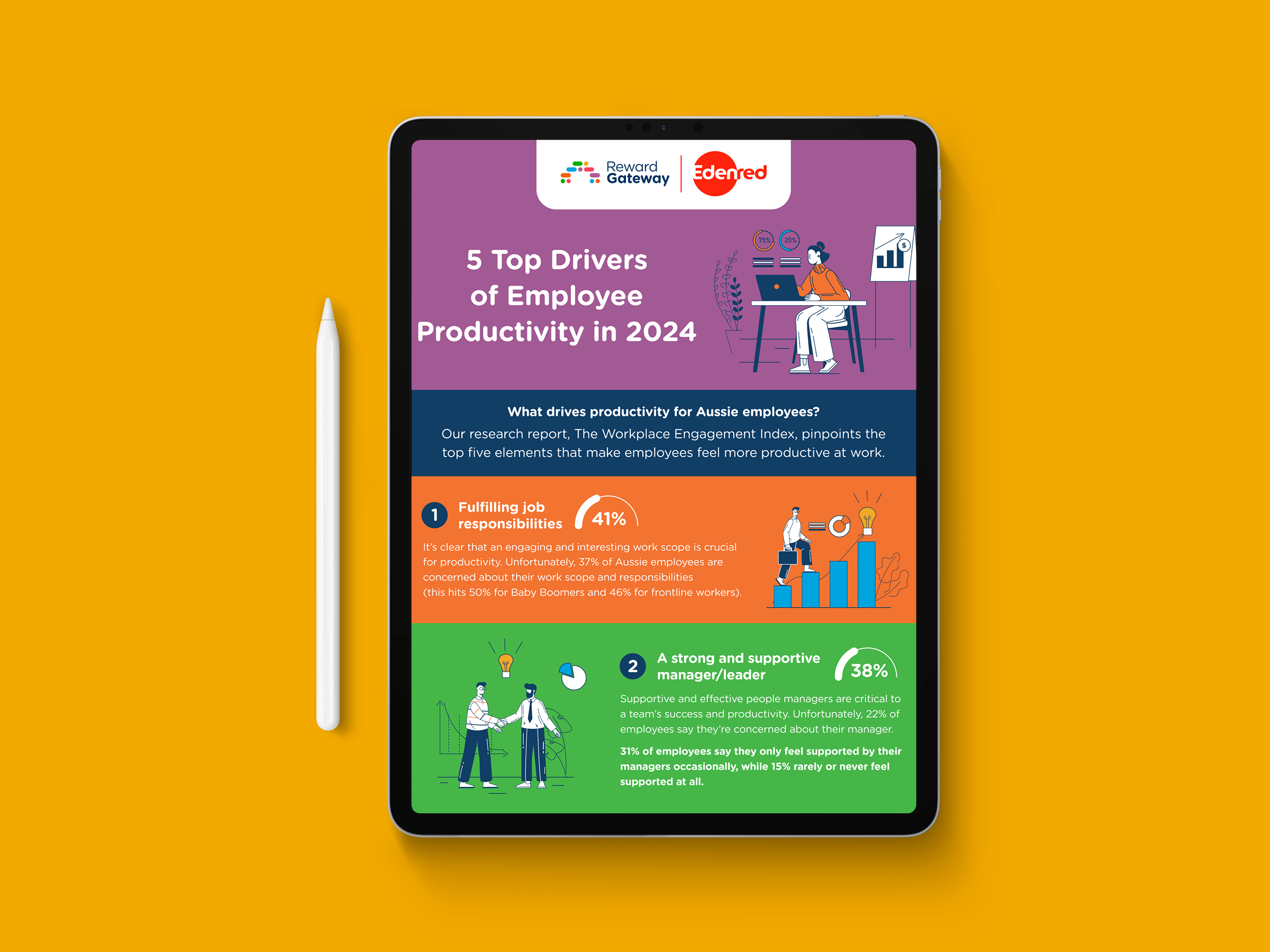We all know that the role of people managers has undergone a significant transformation in recent years, with an increasing weight of expectations from both employees and organisations. Unfortunately, a critical challenge persists—the lack of adequate support for professionals transitioning from individual contributors to people managers.
We’ve all seen it countless times as individuals leap from star contributor to manager/leader and find the transition more challenging than they had anticipated.
Supportive managers are in high demand but short supply
The impact of people managers on employee experience is significant. Our latest research report, The Workplace Engagement Index, reveals that only one in four employees would recommend their line manager and furthermore 31% only occasionally feel supported by their managers.
People managers are under stress
However, before we blame middle management for all these challenges, it's important to realise our managers need support too. Our report shows that one in three people managers in Australia frequently experience burnout, with director-level managers reporting the highest levels at 38%. Additionally, we found that one in five people managers don’t feel enabled or supported to be a great manager.
The need for a paradigm shift in how organisations empower and enable people managers is evident.
It’s crucial to recognise the evolving expectations of employees and align management practices accordingly. Traditional resource and performance management are no longer sufficient; instead, the focus should be on supporting, facilitating, guiding and connecting teams in diverse and fast-moving environments.
Connection and care are crucial
 A key aspect of this evolution is the understanding that successful people managers go beyond strategy and resource allocation. They prioritise building relationships with their teams, demonstrating care on both personal and professional levels.
A key aspect of this evolution is the understanding that successful people managers go beyond strategy and resource allocation. They prioritise building relationships with their teams, demonstrating care on both personal and professional levels.
Our Workplace Engagement Index underlines the importance of this, with the ‘understanding employee needs and sentiments’ pillar scoring the lowest across the board. Access the report, which surveyed 1,000 Australian employees and 1,000 HR managers, for a full breakdown of our employee engagement score for the Australian workforce, and how HR’s perception of employee engagement differs quite significantly.
Connection and care are absolutely critical, with a staggering 83% of employees responding that they feel more motivated and productive at work if they have a manager who cares. This sentiment increases to 87% for Gen X and a remarkable 94% for Baby Boomers.
The connection between employee motivation and manager support and care cannot be overstated. Managers who foster connection, show they care and understand the unique circumstances of their team members contribute significantly to employee productivity and job satisfaction.
Research conducted by Nature on behalf of SEEK echoes this sentiment, finding that 71% of Australian workers believe that the relationship with their employers profoundly impacts their happiness at work.
Furthermore, Atlassian's research shows that when honest feedback, mutual respect and personal openness are encouraged, team members are 80% more likely to report higher emotional wellbeing.
Unfortunately, our research found that while 56% of senior managers and 52% of junior managers say they feel comfortable sharing their personal struggles and feelings with their manager, only 46% of graduate-level employees say the same.
The importance of learning and development
Developing key interpersonal skills and trust-building behaviours doesn’t just happen overnight when a people manager gets a direct report, it’s an area that requires ongoing investment in training and effective tools.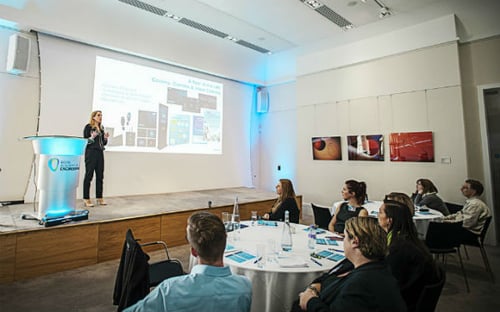
When making the transition from high-performing individual contributor to people manager, learning and development plays a particularly pivotal role.
Organisations that invest in comprehensive training programs are leading the way, helping address the unique challenges faced by people managers, equipping them with the skills to navigate complex interpersonal dynamics, provide effective feedback and foster a positive team culture.
27% of people managers say they weren’t offered sufficient training when they became a manager.
Success story: Hungry Jack’s
One of our clients is investing in people management training in a big way and they’ve seen amazing results. Michael Oliverio, Benefits and Engagement Partner at Hungry Jack’s, spoke to us recently about how his organisation is rethinking its approach to people management.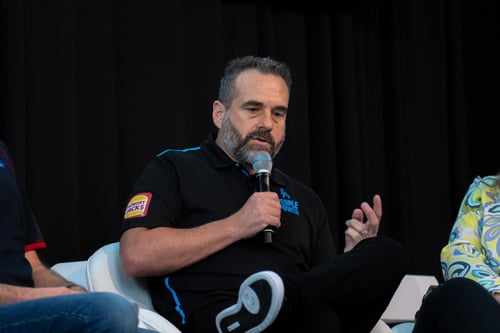
“Leadership is evolving and generations joining the workforce are seeking something different. The command-and-control, authoritarian leadership style of the past has no place in the future. We’ve recognised that leaders who build a culture of trust and inclusion, and where all employees have a voice, feel valued and recognised, will experience business and people benefits.”
“The workplace is seen as psychologically safe, and the results are clear: there are greater efficiencies, productivity improves, turnover reduces, health and wellness and resulting culture are positive, and there is increased collaboration and more creative problem solving.”
“At Hungry Jack’s, we’re introducing Learning Pathways that build strong people leaders. More than the traditional operational skill sets, we’re focused on soft skills – emotionally intelligent leaders who also have the technical capability to run million-dollar businesses.”
Supporting people managers to support your people
Want some actionable steps to better empower and enable your people managers? We’ve compiled some quick tips below for HR leaders that want to support their people managers today.
Make the support you already provide easy to find
With more teams working across multiple sites or in hybrid and remote roles, a digital “one-stop shop” that gives all employees (including managers!) easy access to information that supports their work, wellbeing services and employee benefits, makes providing support easier and scalable.
Promote transparency and clarity while cutting through the noise
Most managers are time poor, so instead of expecting them to wade through infinite emails and instant messages, set up a regular rhythm or calendar of communication in one channel (e.g. a company blog), so they know when and where to expect important updates from key leaders of your business. Give them a voice too, encouraging them to actively participate in your company communications and encourage your people to connect too, so communication flows in all directions.
Give managers the tools to identify and pass important information on to team members
Make the most of the native functions in your digital communications tools - label important announcements, enable read receipts, create manager blogs feeds and encourage managers to tag team members in comments and threads.
Encourage and enable managers to recognise progress and reward excellence
Use your company communications and recognition and reward platforms to shine a spotlight on what your team is achieving. If your R&R platform allows, give managers an annual budget to reward their team members on the spot when they’ve delivered something exceptional!
The changing nature of people management
The evolving role of people managers demands a holistic approach to empowerment and enablement.
By prioritising training and tools, recognising the importance of interpersonal skills and fostering a culture of trust and openness, organisations can empower people managers to drive collaboration, connection and high performance.
It's time to recognise the increasingly tough job of people leaders and bridge the support gap.
Doing so will ensure that our people managers are well-equipped to navigate the challenges of their crucial roles, ultimately contributing to the overall success and wellbeing of both employees and the organisation.
If you’d like to see more of these insights, download our Workplace Engagement Index now.
Stay up to date on all things employee experience, engagement and wellbeing and never miss an update by subscribing to our blog!
 Kylie Green
Kylie Green

